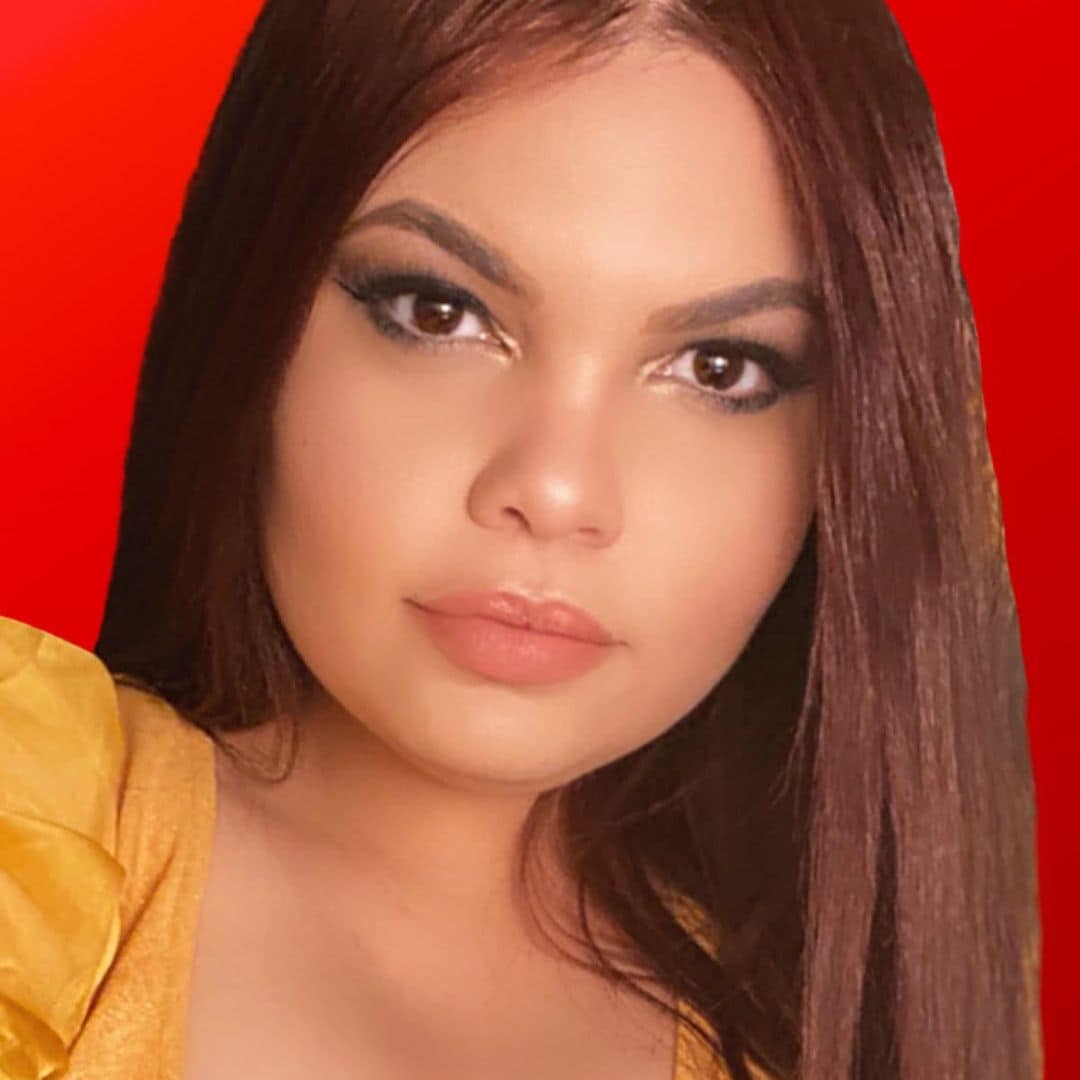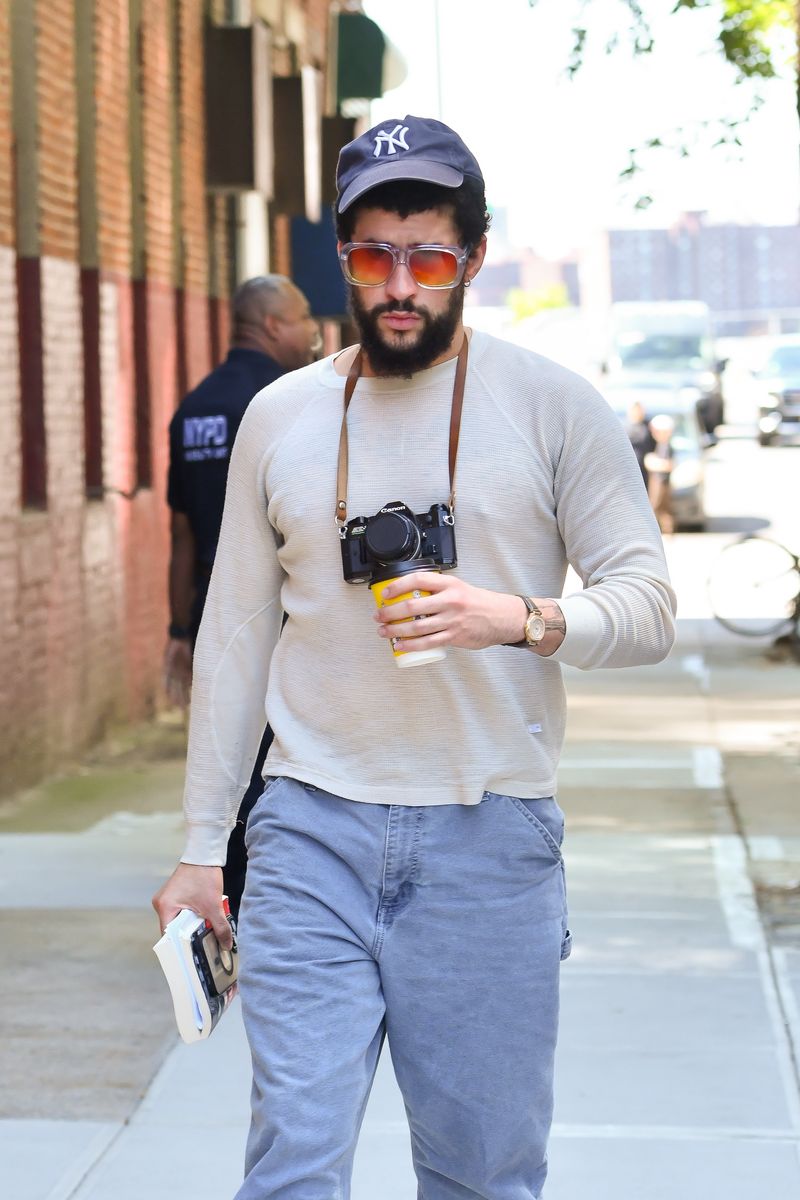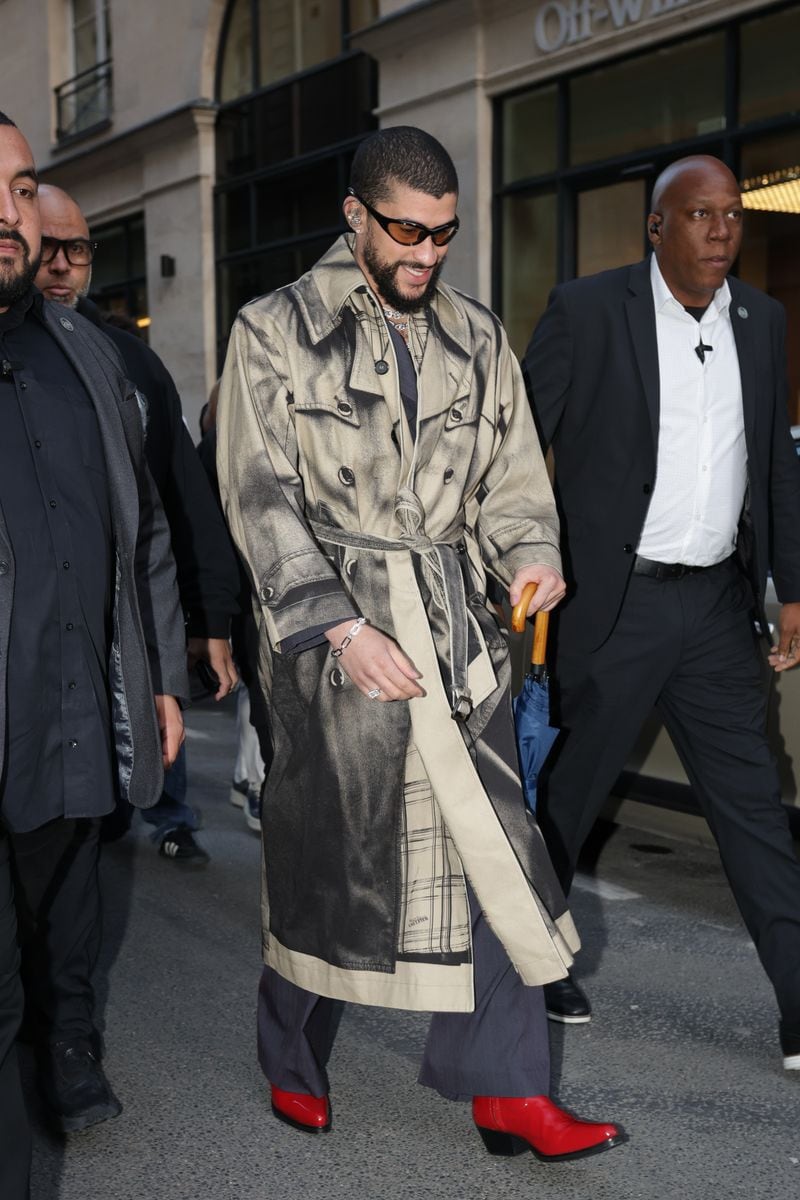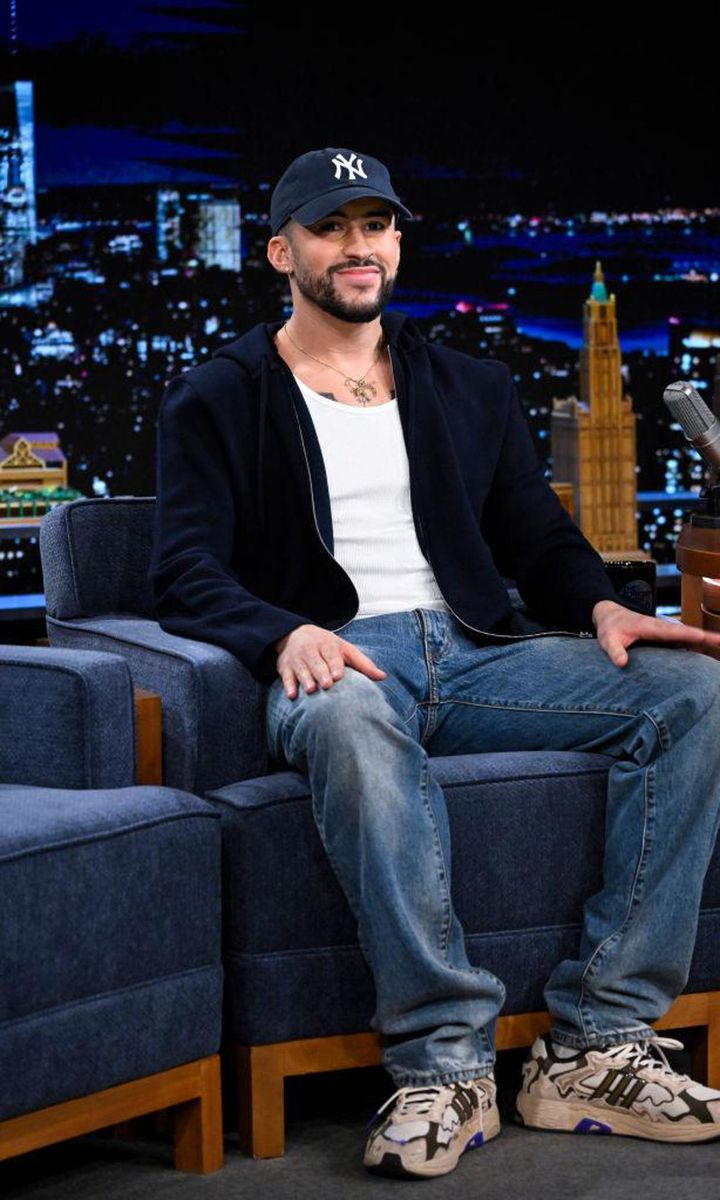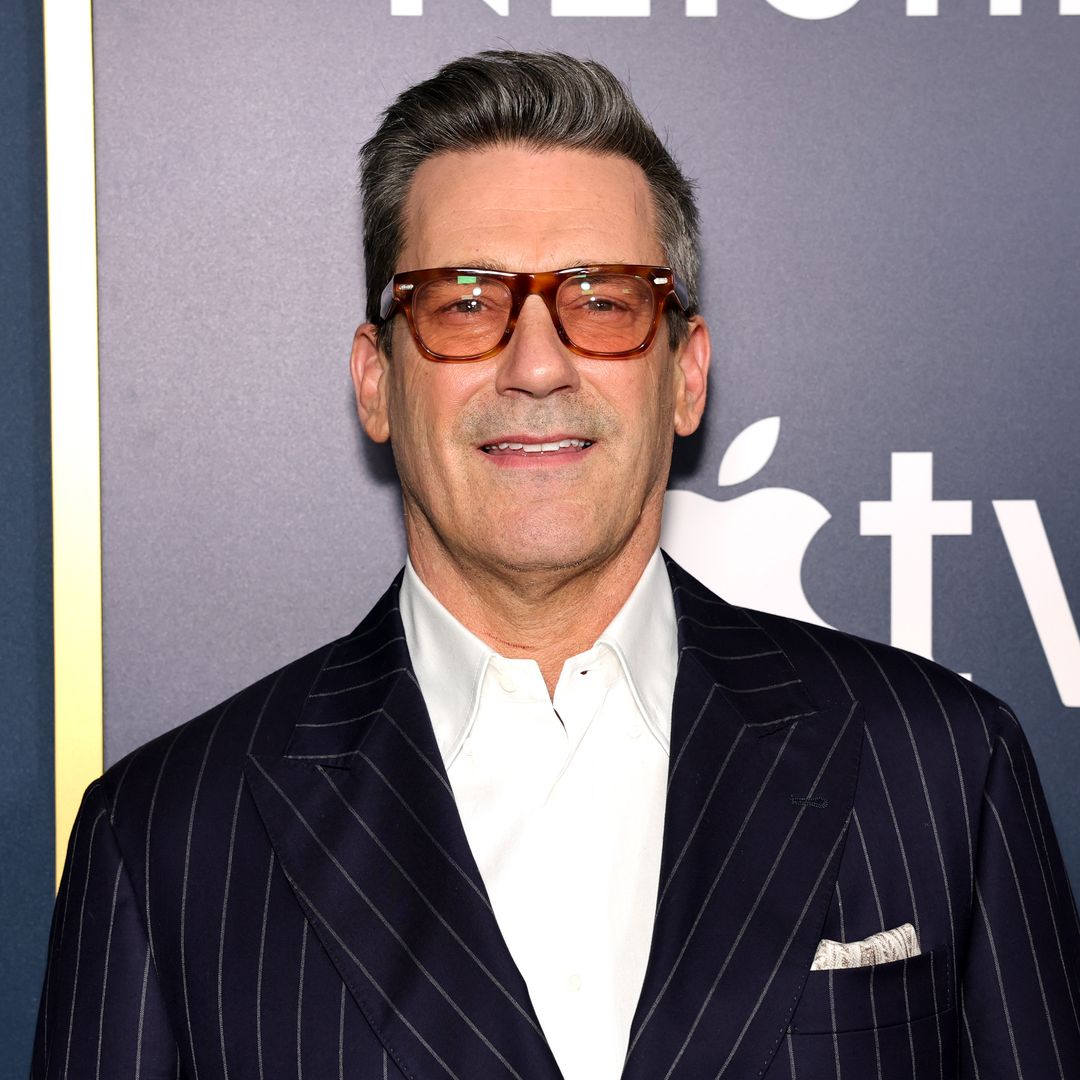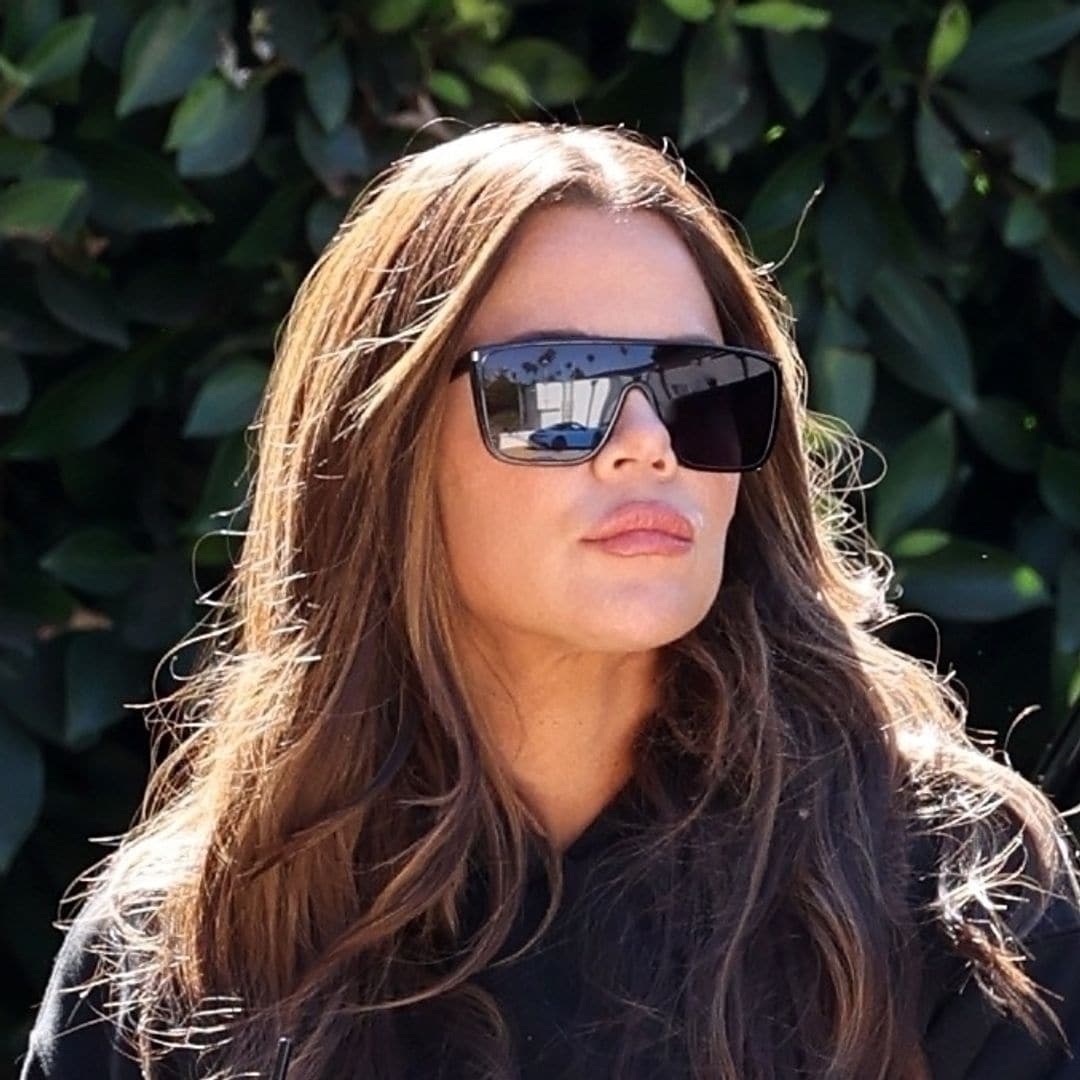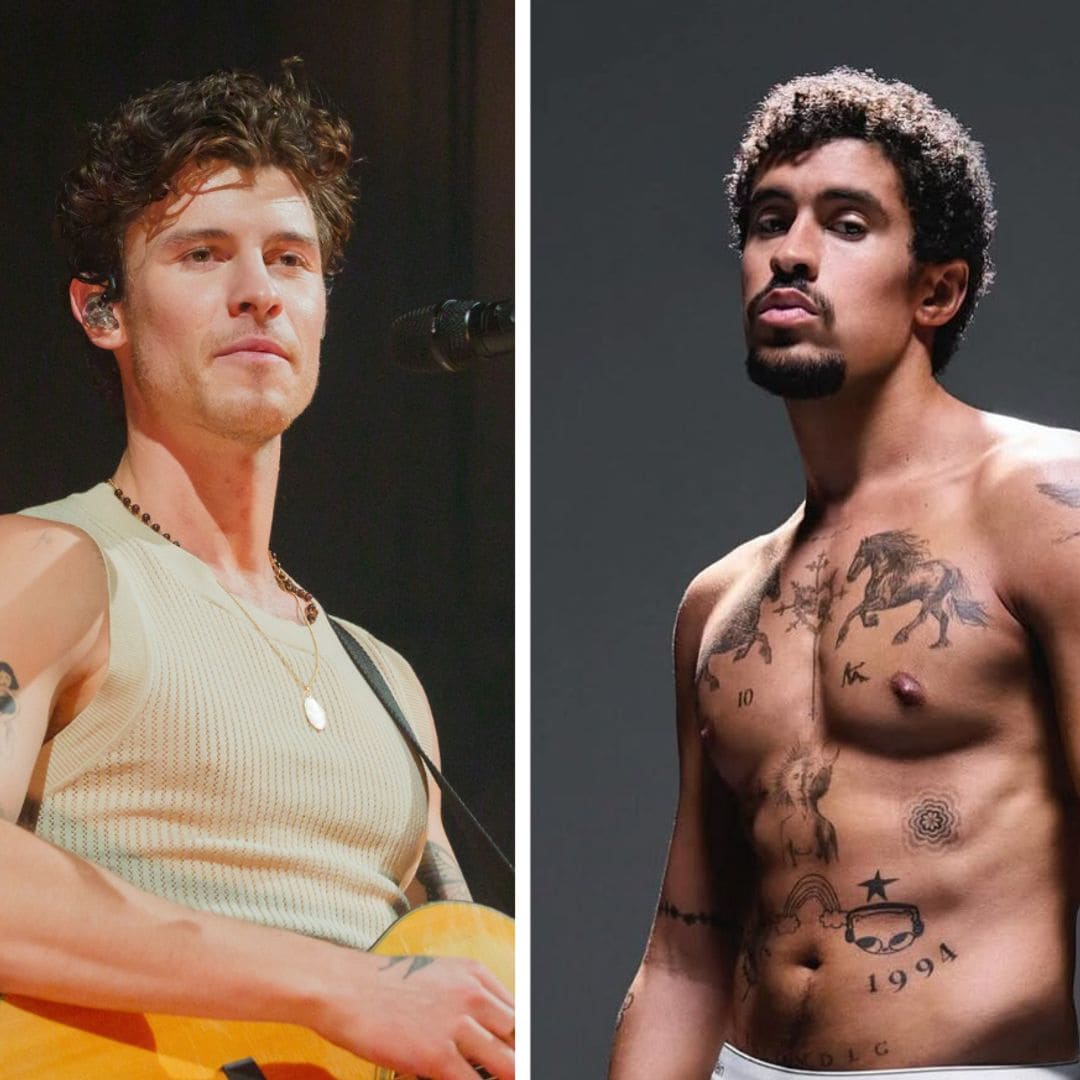Bad Bunny might have racy lyrics, but the star has demonstrated on multiple occasions that he is a sensitive man. During a recent podcast by Puerto Rican YouTuber El Tony Pregunta, published on September 2, the artist shed tears as he opened up about issues that deeply affect his homeland and life.
Known for his chart-topping hits and unfiltered public persona, the interpreter revealed that, despite being one of the most successful Puerto Rican artists in history, money does not equate to happiness for him. "Happiness is not about money," Bad Bunny explained. "And yes, if you get $50,000, you are going to go crazy and super happy, but there comes a time. It's not that happiness will last you all the time."
Despite his fortune, he emphasizes that "the sadness, the feelings, the depression, the happiness... it is for everyone, with money, without money."
Putting Puerto Rico First
Beyond his thoughts on money and happiness, the singer of "Tití Me Preguntó" clarified that his heart lies firmly with Puerto Rico. "I do not have any agenda of wanting to be the most. I really care about Puerto Rico," he confessed. "Go out and give everything for myself, but also to always represent. Knowing that there are people all over the world—in Japan, in Germany—who know Puerto Rico for my music, for that of other artists, for salsa, for our culture, for our people."
Bad Bunny's commitment to his homeland is evident in his actions and his words. The Most Wanted Tour, which grossed over $200 million and sold over 700,000 tickets in 30 concerts, according to Billboard, included three impactful shows at the Puerto Rico Coliseum in San Juan. And this is not his first tour success— collectively grossed $435 million in 2022.
Speaking Out Against Injustice
During the podcast, Bad Bunny also expressed his discontent with the current political situation in Puerto Rico. "The Puerto Rican does not deserve this," he stated, referencing the island's unstable electrical power system, deteriorating roads, and poorly managed schools. Many on the island share his frustration as they face daily challenges due to these systemic issues.
Encouraging civic engagement, the artist underscored the importance of voting, especially for the younger generation. "Going to vote is very important, especially when you are young. Deciding the future of the country where we live, where we grew up. Don't let others decide it," he urged.
Supporting a safe and healthy summer for children
The Good Bunny Foundation has initiated its "Un Verano Contigo" (A Summer With You) educational project for the second consecutive year, emphasizing its dedication to fostering art, music, and sports among young people. The program, which commenced in San Juan on July 8, expanded its scope to Ponce through partnerships with the Ponce Museum of Art, the Escuela Libre de Música, and the Municipality of Ponce.
Bad Bunny's summer camp significantly impacted approximately 360 students by equipping them with relevant materials such as iPads, MIDI controllers, headphones, and sports equipment tailored to their specific disciplines. The program not only facilitated learning during classes and workshops but also emphasized the importance of continued practice at home, ensuring that the students' development persisted beyond the camp's duration.
,type=downsize)
